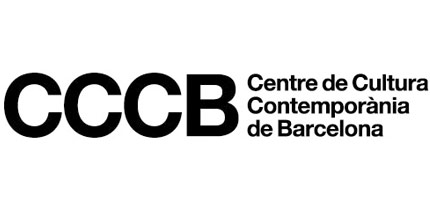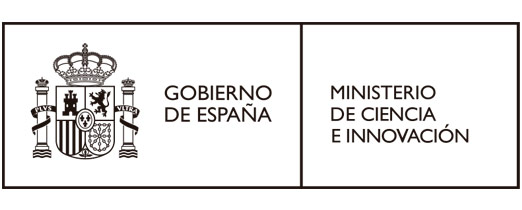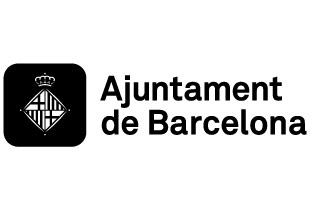Brain(s)
Great questions about the brain and mind
Despite the efforts of neuroscience in the last few years, there are still open questions about what the mind is and how the brain works, about what makes us human and what differentiates us from other species. This series brings together neuroscientists, psychologists and philosophers in order to provide updated answers to the following fundamental questions: how human language is acquired, how the perception of reality and decision making work, what does it mean that the brain is a large organ or what are the new developments in artificial intelligence. What have been the most important discoveries of current neuroscience? Will we ever know how far the boundaries of the mind reach?
As part of the «Brains(s)» exhibition, this series, curated by Jordi Camí, professor at Pompeu Fabra University and director of the Barcelona Biomedical Research Park, offers a plural look at the latest developments in neuroscience.
This activity is part of Brain(s)
Related contents
Jordi Camí, Luis Martínez Otero and Miguel Ángel Gea
How do we perceive reality?
The human being is a predictive machine dedicated to minimizing discrepancies between what we expect and what actually happens. For this very reason, surprise is the common way the organism reacts when a prediction error is produced. Combining magic with scientific dissemination and philosophical ...
Luis Martínez Otero
How do we make moral decisions?
The most recent results show that both visual and moral decisions use the same neural mechanisms: we always see and decide depending on the context. What does this new evidence tell us about the functioning and evolution of the brain? The neuroscientist Luis Martínez Otero talks about ...






